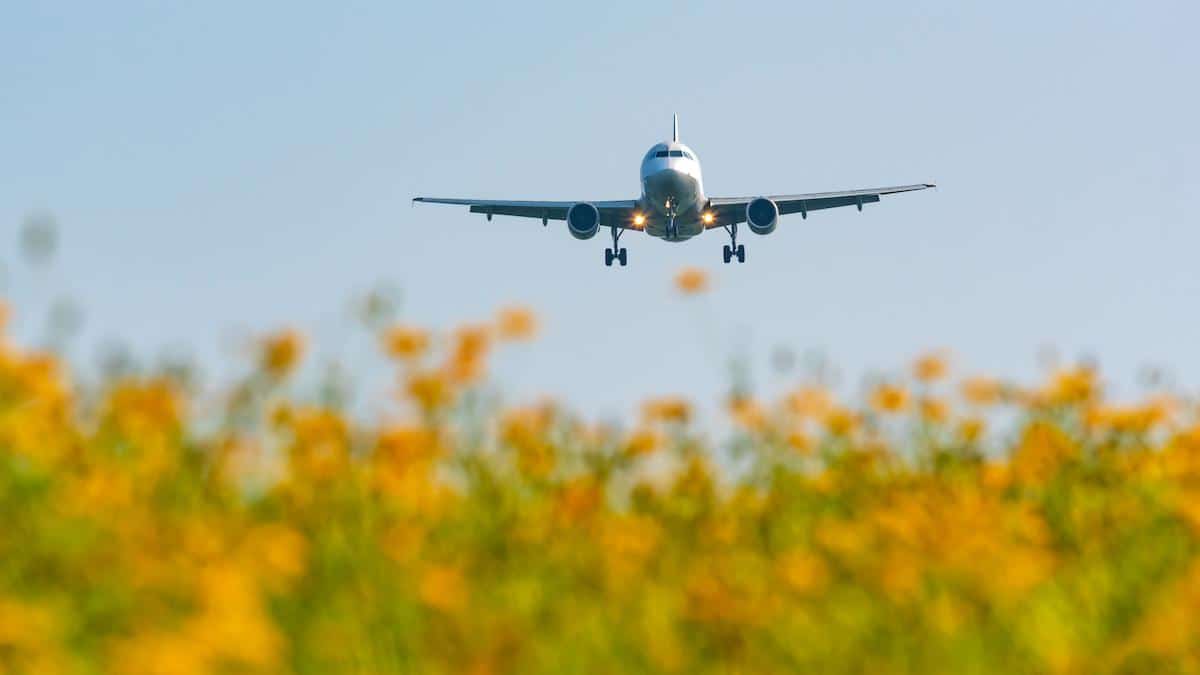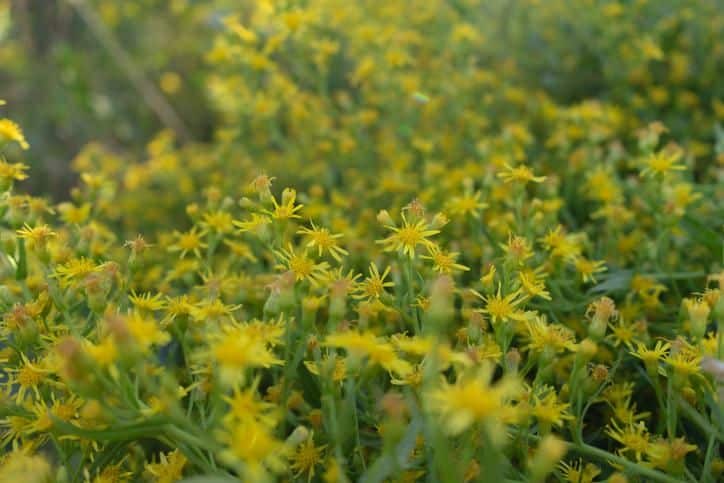
Mustard-Based Fuel Could Reduce Aviation’s Carbon Footprint by 68%, Study Finds

Aviation fuel made from a type of mustard plant could reduce flying's carbon footprint by as much as 68 percent, researchers say. © Philippe LEJEANVRE / Getty Images
The aviation industry contributes 2.5 percent of U.S. greenhouse gas emissions and is responsible for 3.5 percent of human-caused climate change.
But now, researchers from the University of Georgia say a sustainable aviation fuel (SAF) made from a type of mustard plant could reduce flying’s carbon footprint by as much as 68 percent.
“Carinata-based SAF could help reduce the carbon footprint of the aviation sector while creating economic opportunities and improving the flow of ecosystem services across the southern region,” study co-author Puneet Dwivedi of the University of Georgia said in a press release.
Plant-based jet fuel could reduce emissions by 68% according to new UGA research. https://t.co/TZAgnuEaG6 🌽 ✈️@UGAWarnell
— UGA (@universityofga) October 19, 2021
The fuel in question is made from an oil obtained from Brassica carinata, a non-edible oilseed crop. Dwivedi is part of a research team called the Southeast Partnership for Advanced Renewables from Carinata (SPARC), which has spent the past four years looking into the possibility of growing carinata in the southeastern U.S.

Brassica carinata flowers. pablo lara de la sen / iStock / Getty Images Plus
In a paper published in GCB Bioenergy, Dwivedi and his team calculated the price and lifecycle carbon emissions of replacing conventional jet fuel with sustainable fuel made from Southern-grown carinata. They found that the fuel would reduce emissions from aviation by between 61 and 68 percent.
Without any government subsidies, the new fuel was more expensive than jet fuel, which is priced at $0.50 per liter. However, with current incentives and subsidies in place, the new fuel could cost as low as $0.12 per liter. The study comes as President Joe Biden has proposed a sustainable fuel tax credit as part of a nation-wide goal of reducing aviation emissions 20 percent by 2030 and achieving zero-carbon by 2050, the press release pointed out.
“Our study indicates that carinata-based aviation fuel could significantly reduce carbon emissions of the aviation sector,” the study authors concluded. “However, current policy support mechanisms should be continued to support manufacturing and distribution in the Southeastern United States.”
The Southeast could be an ideal place to grow carinata. Georgia, for example, is home to the world’s busiest airport and provides a hub for major airline Delta. It is also the sixth largest consumer of aviation fuel in the U.S.
“In the South, we can grow carinata as a winter crop because our winters are not as severe compared to other regions of the country,” Dwivedi said in the release. “Since carinata is grown in the ‘off’ season it does not compete with other food crops, and it does not trigger food versus fuel issues. Additionally, growing carinata provides all the cover-crop benefits related to water quality, soil health, biodiversity and pollination.”
If a switch to a sustainable fuel isn’t made, then the airline industry could take up as much as 22 percent of the world’s remaining carbon budget by 2050, according to Yahoo News.
Another proposed solution would be to use a fuel derived from carbon dioxide removed from the atmosphere through carbon capture technology.
- Aviation: Germany Opens World's First Plant for Clean Jet Fuel ...
- Jet Fuel From Sugarcane? It's No Flight of Fancy - EcoWatch

 233k
233k  41k
41k  Subscribe
Subscribe 